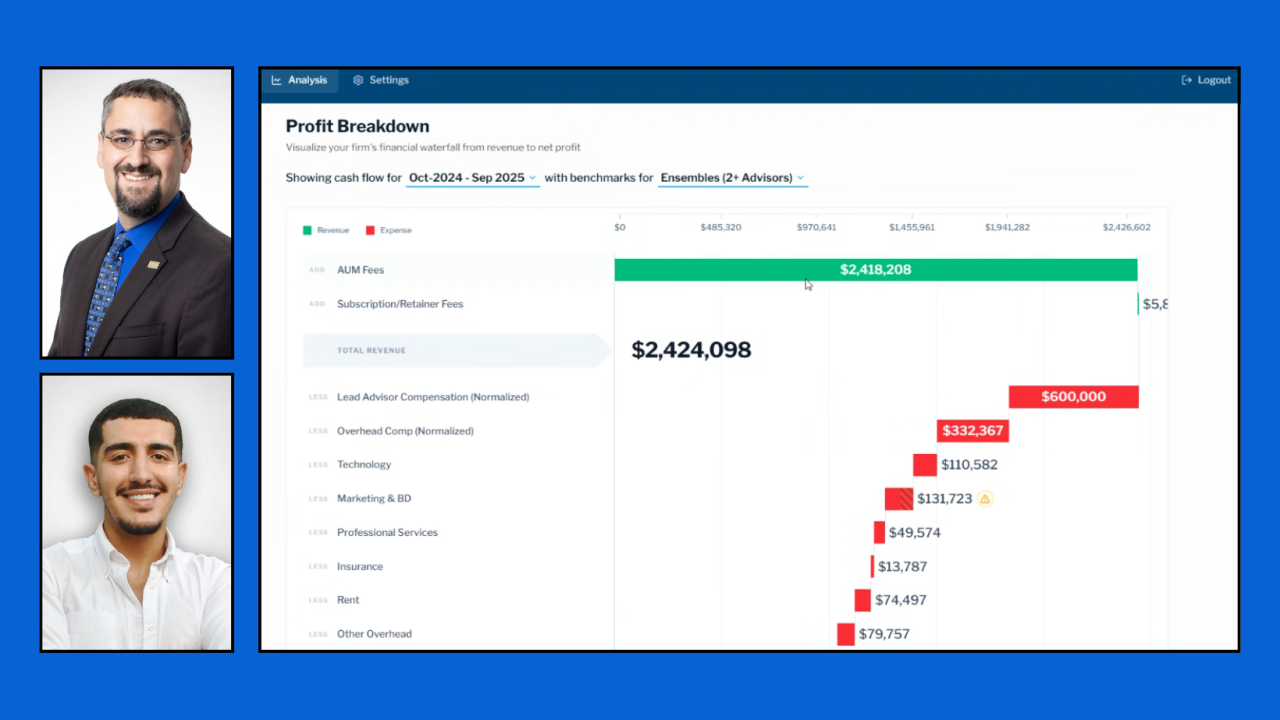Certified financial planners, instructors, sponsors and those looking to become certified this week are getting their first look at the updated requirements mandated by the Certified Financial Planners Board of Standards for the organization's ethics continuing education programs.
The new changes, which will take effect on Oct. 1, add new learning objectives requirements and instructor eligibility requirements designed, according to the
Michele Warholic, the CFP's managing director for exams, education and talent, said the CFP Board in the past received numerous complaints from attendees and sponsors who claimed the ethics continuing education programs were often a waste of their time because the content meandered around the periphery of the real-world issues they faced every day.
"CFP professionals don't want to spend their time in a classroom and not learn anything," she said. "They want it to be valuable and not totally irrelevant to what they deal with."
To that end, the new CFP guidelines on content requires instructors to spend a minimum of 50 minutes per session hour on a detailed review of some aspect or aspects of the CFP Board's ethical standards.
Programs may make use of case studies taken from the Board's anonymous case history use fictitious scenarios that illustrate issues related to CFP Board’s Ethical Standards. However, the new requirements states that these fictitious scenarios may not be accompanied with predictions of actions CFP Board might take when presented with any fictitious scenario.
This emphasis on the CFP's own ethical standards isn't new, according to Warholic who said it's "always been the requirement," but the guidance is designed to reinforce the notion that these classes should be more about specific issues and standards rather than a blue-sky, general discussion about professional ethics.
"It's about focusing on the rules," she said. "We want to keep people out of trouble. We know there's a possibility of lapses not because (CFPs) want to but because they aren't aware of how the rules are applied."
The CFP Board intends to review these new rules and requirements on an ongoing basis after collecting feedback from the 70-plus ethics CE sponsors, instructors and whatever insight is offered from the 62,000-plus certified financial planners who are required to pay the $325 renewal fee and complete the required continuing education classes every two years.
In addition to the content changes, the CFP Board now requires all instructors to have held their CFP certification for more than five years and must not be the subject of a pending CFP Board investigation or been the subject of one in the past five years.
In a
"So apparently just being someone who has dedicated their life to teaching ethics will no longer be sufficient to deliver Ethics CE to CFP certificants," he wrote. "In fact, ironically, there is absolutely no requirement to have any formal knowledge of ethics whatever to teach Ethics CE. Instead, one must simply be a CFP certificant and must have held the mark for at least five years."
Warholic said the CFP isn't concerned about a shortage of instructors, sponsors or participants -- all three have grown consistently in the past decade -- and has only receive four inquiries from sponsors and CFPs since the new rules were distributed.
"We continue to see an increase in programming and instructors," she said. "We're seeing new instructors and new sponsors all the time delivering CE courses in a lot of different formats."





